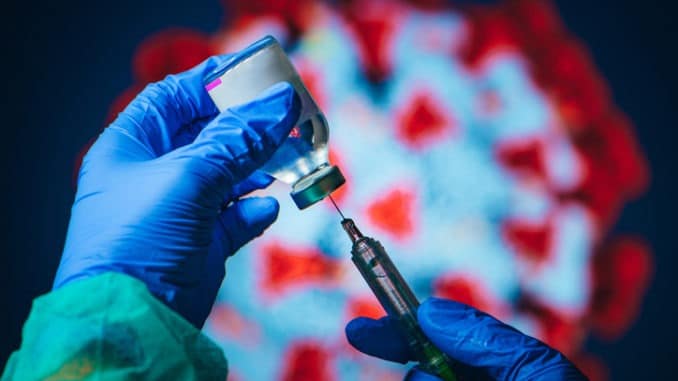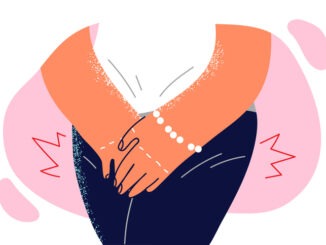
As reported by BBC news, very small numbers of people have been admitted to hospital with COVID several weeks after having one vaccine dose, a study of UK patients has found
Most of those affected were frail and elderly and at high risk of being very unwell. Researchers say the findings are reassuring because vaccines are never 100% perfect and failures are expected. But they say some people may be letting their guard down too soon after one vaccine.
The study analysed a quarter of all hospital patients in England, Scotland and Wales between early December and early April, and is one of the first to look at the impact of vaccinations on the numbers of people subsequently admitted to hospital with COVID-19.
It suggests that around one per cent of hospital admissions between December and April were of people with COVID who had already had one vaccine dose. The study found higher numbers of COVID hospital admissions around the time of vaccination and soon after, before the jab had started to work. Admissions then tailed off as protection from the vaccine built up. From 21 days after vaccination, when the body’s immune system kicks in, rates of admission fell to very low levels – with only a tiny number of deaths from COVID.
In the study, 526 people who tested positive for coronavirus were admitted to hospital from 21 days after one vaccine dose, and 113 died – out of more than 3,500 hospitalised patients in the study. The data comes from the ISARIC/CO-CIN study, which has been presented to the government’s scientific advisers, Sage, but not yet reviewed by other experts. More complete NHS hospital data is set to be released in due course.
Prof Calum Semple, study leader from the University of Liverpool, said this was “good, real-world evidence of few vaccine failures”.
“It’s reassuring that the numbers admitted are very, very small – and mostly in those at risk of severe disease,” he said.
The researchers said the results were skewed by the fact the vast majority of people who had been vaccinated over the course of the study were in older age groups, rather than younger ones. And with regard to falling admission numbers, they said there were two different factors at play – the protective effects of the vaccine and people’s exposure to the virus dropping to very low levels after lockdown.
Dr Annemarie Docherty, study co-author and honorary consultant in critical care, from the University of Edinburgh, said people often assumed they were protected straight after being vaccinated, rather than several weeks later.
“It’s entirely possible that elderly people will catch coronavirus again and may die,” she said.
With a substantial number of young people still unvaccinated, who are the most socially mobile, that’s still a danger and was a good reason for “widespread vaccination”, Dr Docherty added.
Prof Deborah Dunn-Walters, chairwoman of the British Society for Immunology COVID-19 taskforce and professor of immunology at the University of Surrey, said looking at why the vaccine did not afford full protection to a very small number of people was important.
“Understanding what immunologists call the ‘correlates of protection’, or what effective immunity against COVID-19 looks like at the cellular level, will help provide answers to this,” she said.
“Overall, we can be confident that the COVID-19 vaccination programme is highly effective in preventing serious disease and saving lives.”


Be the first to comment